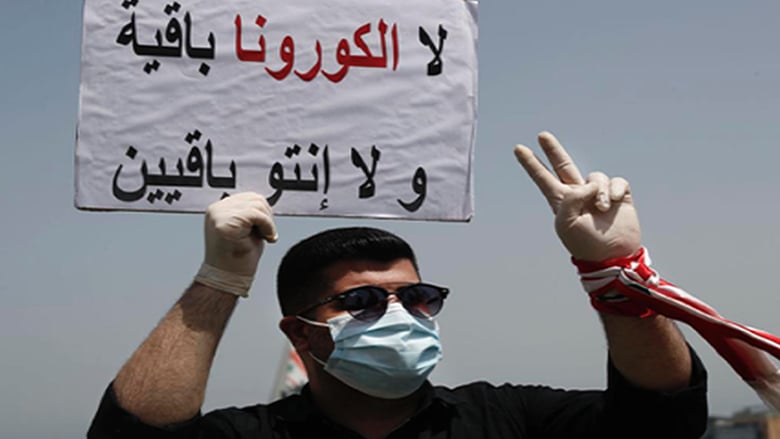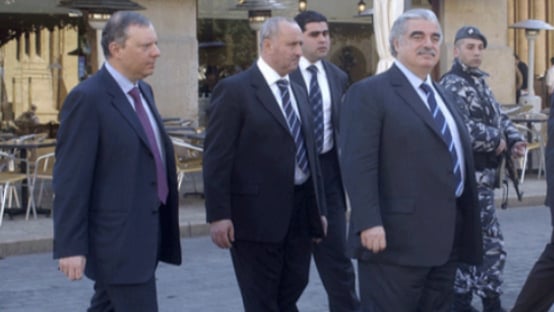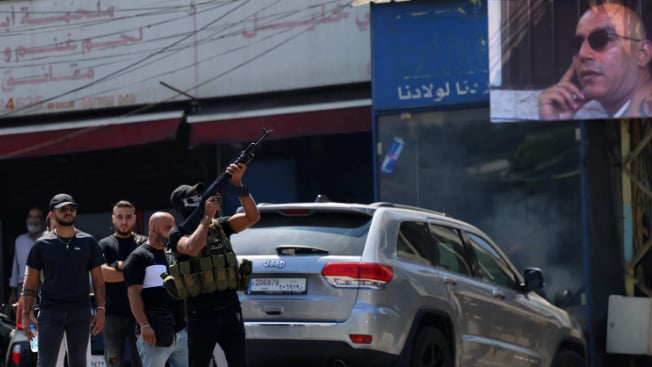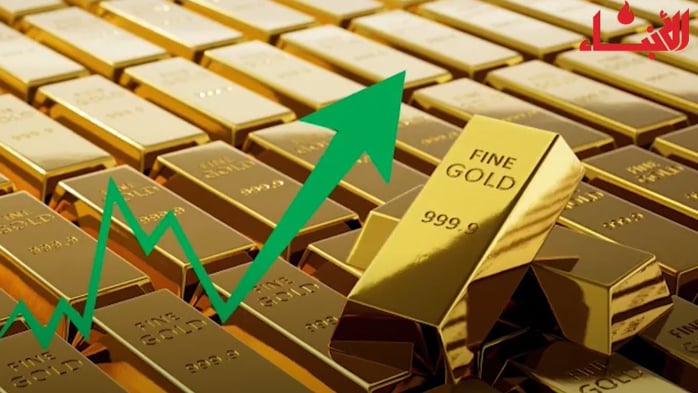Sometime around December 2019, several cases of a pneumonia-like disease had spread all across Wuhan, China. Those who fell ill experienced symptoms that included a dry cough, high fever and joint pain. It wasn’t long before doctors identified the virus as a member of the Coronaviridae family, but by then, it was far too late. Secrets about the nature of the virus unraveled with every new dozen cases and many deaths, and the once innocently disregarded virus became the world’s number one concern. Countries went into lockdown, schools were shut down, people were no longer employed, toilet paper was snatched off of every single shelf in the world.
For Lebanon, however, the struggle began long before the first case of the novel Coronavirus was discovered. On October 17th, after an entire week of dreadful wildfires, an imposed tax on WhatsApp triggered what might be the greatest movement the country had ever witnessed — but do not be fooled. Lebanon has been suffering for years now, under the rule of an undeniably sectarian government that, year after year, proceeded to divide its people even further.
The country lies within a sour world of theft, false optimism and threat of war, and this world was created by none other than the Lebanese government itself. For years, the government had managed to keep the people from an uprising against their corruption by promising them a secular future. The Lebanese people, after many years of war, remained hopeful and succumbed to their leaders’ promises. Soon enough, the ways of the government manifested into the people’s daily life and was then shrugged off as a norm, and this was a big flaw the Lebanese people withheld — becoming accustomed to clear violations of their basic rights, as they have seen so many dark days that they had grown numb to such violations.
One night on October 17th flipped the Lebanese mentality a full 180-degrees.
Streets were closed down, students were not going to school, employees did not go to work — the scenario was nearly identical to the Coronavirus lockdown, except for one vital difference. A revolution required demonstrations. A revolution needed people to be on the streets. On the other hand, a global pandemic required the exact opposite. How could a revolution possibly go on if those who brought suffering to the country could not see the people’s resistance to their rule?
The Coronavirus has deprived many people of a stable income, as many are now unemployed and forced to stay at home. Homelessness struck the country as a severe problem, aside from inflation. The US dollar continues to rise against the Lebanese pound, leading to an increase in prices of up to 60% on basic necessities. A financially struggling household could no longer buy something as simple as milk for their infant. Many reports claimed that a huge wave of protests will take the streets of Lebanon as soon as the nationwide lockdown is lifted, but people have grown hungry and are forced to continue protesting despite Coronavirus warnings.
The country’s full recovery from the government itself seemed a nearly unattainable goal for the next few years. How is Lebanon to recover from the financial toll left by the revolution AND the novel Coronavirus?
The ultimate goal remains the same, but the playing field has changed. The current state of the country puts the new Cabinet to the test and under the watchful gaze of the people. Lebanon has never faced harder times. Recently, the government issued a 5-step plan to slowly lift the strictly imposed lockdown, starting by the slow reopening of the agricultural and industrial sectors on April 27th up until early June, where normal life is expected to resume. In addition, the recent parliament session approved a loan agreement submitted by the World Bank to support a project promoting the healthcare system in Lebanon, at a value of $40 million, which will be used to fight the Coronavirus pandemic.
It is clear that the new Cabinet is taking effective measures to fight the pandemic and flatten the curve, but other decisions have also caught the people’s attention. As of April 23rd, the government approved the legalisation of cannabis for medical uses. The revenues resulting from the legalisation can easily lift Lebanon from its debts, as the illegal trade makes a shocking $1-2 billion in revenues per year.
Could this save the Lebanese economy from the dark depths it has been trapped in for years? Or will the revenues be pocketed by those who are in control? After all, old habits die hard.
الجمعة 19 نيسان 2024

Coronavirus, Bankruptcy and a Step Closer to Freedom: Lebanon’s Ongoing Struggle
06 May 2020 12:00:00 - Last updated: 06 May 2020 14:43:24




